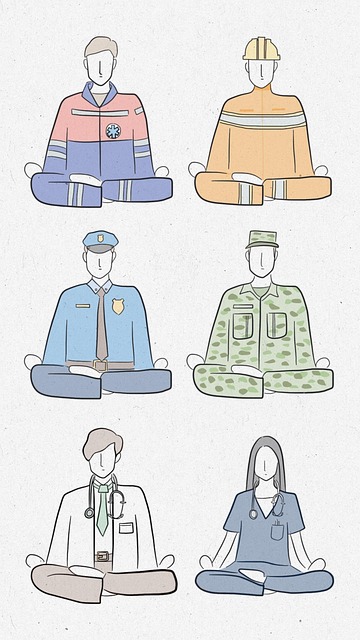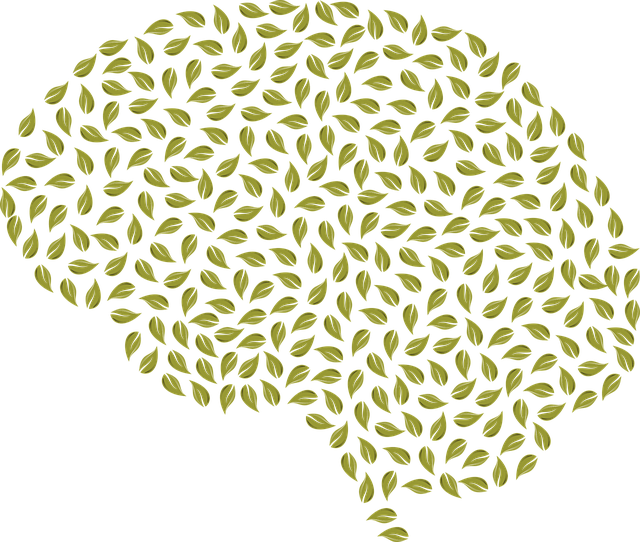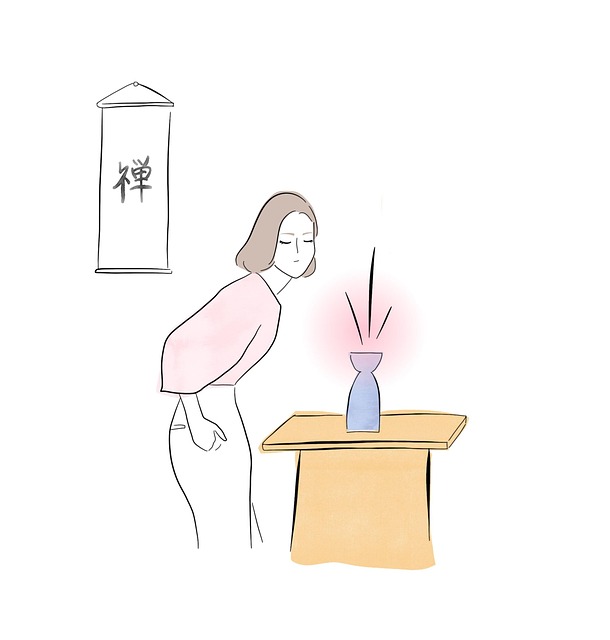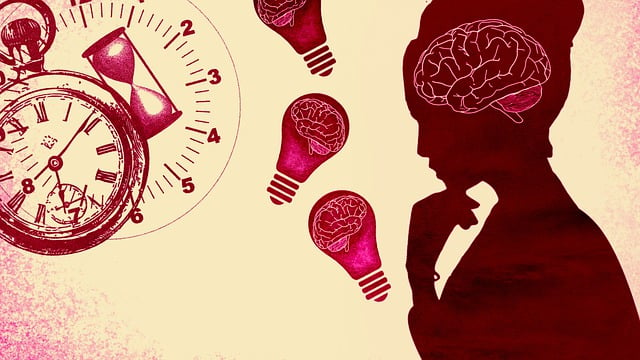Mental wellness promotion among elders is crucial due to age-related challenges, including bipolar disorder's potential onset or worsening. Specialized therapies like CBT and IPSRT, alongside community resources and empathy building strategies, enhance emotional well-being. Early intervention through tailored therapy approaches is vital for managing bipolar disorder in seniors, improving quality of life. Evidence-based strategies such as CBT and IPT, integrated with community support networks, offer holistic healing for elders, empowering them to effectively manage their condition.
Mental wellness promotion is a vital aspect of healthy aging, especially considering the increasing prevalence of bipolar disorder among older adults. This comprehensive guide explores effective strategies for supporting elders’ mental health. We delve into understanding bipolar disorder in this demographic, early intervention techniques, and therapeutic approaches tailored to their unique needs. Additionally, we highlight community resources that can foster a supportive environment for elderly individuals navigating bipolar disorder, emphasizing the importance of accessible therapy for elders with bipolar disorder.
- Understanding Mental Wellness Promotion for Elders
- The Prevalence of Bipolar Disorder in Older Adults
- Strategies for Early Intervention and Prevention
- Therapeutic Approaches for Effective Treatment
- Community Support and Resources for Elderly Individuals with Bipolar Disorder
Understanding Mental Wellness Promotion for Elders

Mental wellness promotion is especially crucial for elders, who often face unique challenges that can impact their mental health. Understanding and addressing these issues require a tailored approach, recognizing that aging brings a range of physical and emotional changes. For instance, conditions like bipolar disorder, which can manifest or intensify in later life, necessitate specialized therapy for elders. This includes cognitive-behavioral therapy (CBT), among other evidence-based practices designed to help seniors manage their symptoms effectively.
Beyond individual therapy, organizations dedicated to mental wellness promotion offer valuable resources such as stress management workshops and conflict resolution techniques tailored for older adults. Additionally, empathy building strategies play a significant role in fostering supportive environments within communities, families, and care settings. By equipping elders with tools to navigate interpersonal challenges and promote emotional well-being, these initiatives contribute to a higher quality of life and enhanced resilience against mental health issues like depression and anxiety.
The Prevalence of Bipolar Disorder in Older Adults

Bipolar disorder, a condition characterized by extreme mood swings, is often overlooked when discussing mental health issues among older adults. Despite its prevalence—affecting an estimated 0.4% to 1.2% of individuals over the age of 65—stigma and lack of awareness contribute to undiagnosed cases. This invisible burden can significantly impact daily functioning and quality of life for those experiencing it.
The unique challenges faced by older adults with bipolar disorder require tailored interventions, including specialized therapy such as cognitive-behavioral therapy (CBT) and interpersonal and social rhythm therapy (IPSRT). Empathy building strategies within therapeutic settings can foster a deeper understanding between caregivers and patients, enhancing emotional regulation and overall well-being. Public awareness campaigns focused on recognizing the symptoms of bipolar disorder in older adults are crucial steps towards early intervention and improved outcomes.
Strategies for Early Intervention and Prevention

Early intervention is a cornerstone of mental wellness promotion, especially for conditions like bipolar disorder, which can be highly manageable when detected early. For elders, tailored therapy approaches are vital, focusing on cognitive-behavioral techniques to help them navigate mood shifts and develop coping strategies. By integrating these therapies into eldercare, we can significantly improve their quality of life.
A comprehensive Mental Health Policy Analysis and Advocacy approach is essential to ensure that such interventions are accessible. Encouraging positive thinking and self-care practices among the elderly population can also be a game-changer. Simple yet effective self-care techniques, combined with regular mental health check-ins, can foster resilience and prevent the escalation of bipolar symptoms, ultimately leading to more stable and fulfilling lives for our elders.
Therapeutic Approaches for Effective Treatment

The therapeutic landscape for promoting mental wellness among elders with bipolar disorder is diverse and tailored to individual needs. One effective approach involves cognitive-behavioral therapy (CBT), which helps individuals challenge negative thought patterns and behaviors, thereby stabilizing moods. CBT also equips them with coping strategies to manage stress and triggers, enhancing their ability to navigate the highs and lows of bipolar disorder.
Additionally, interpersonal psychotherapy (IPT) is valuable for addressing social and relationship issues that often accompany bipolar disorder. IPT focuses on improving communication skills, conflict resolution techniques, and fostering healthier connections, which are key factors in an elder’s overall mental wellness. By integrating these therapeutic approaches, mental health professionals can facilitate a holistic healing process, combining evidence-based strategies with the development of inner strength to empower elders in managing their condition effectively.
Community Support and Resources for Elderly Individuals with Bipolar Disorder

For elderly individuals with bipolar disorder, accessing community support and resources can significantly enhance their mental wellness journey. Many communities offer specialized programs tailored to the unique needs of seniors living with this chronic condition. These initiatives often include peer support groups where older adults can connect, share experiences, and gain a sense of belonging. Such social connections are vital for combating isolation and promoting emotional well-being.
Community resources also provide access to evidence-based therapy options, such as cognitive-behavioral therapy (CBT) and interpersonal psychotherapy, which have proven effective in managing bipolar symptoms. Mindfulness meditation programs, increasingly integrated into mental health services, offer a gentle yet powerful tool for mood management and stress reduction. Additionally, local organizations may facilitate risk assessments for mental health professionals to ensure safe and competent care, addressing the specific challenges of working with elderly patients with bipolar disorder.
Mental wellness promotion is a holistic approach that recognizes the unique needs of elderly individuals, particularly those with bipolar disorder. By understanding the prevalence and impact of this condition in older adults, we can implement effective strategies for early intervention and prevention. Therapeutic approaches, tailored to address the specific challenges faced by elders, play a pivotal role in managing symptoms and enhancing their overall well-being. Community support systems and accessible resources further strengthen their resilience, ensuring they receive the necessary care and support throughout their journey towards mental wellness. Through these comprehensive efforts, we can significantly improve outcomes for elderly bipolar patients, fostering a better quality of life.














